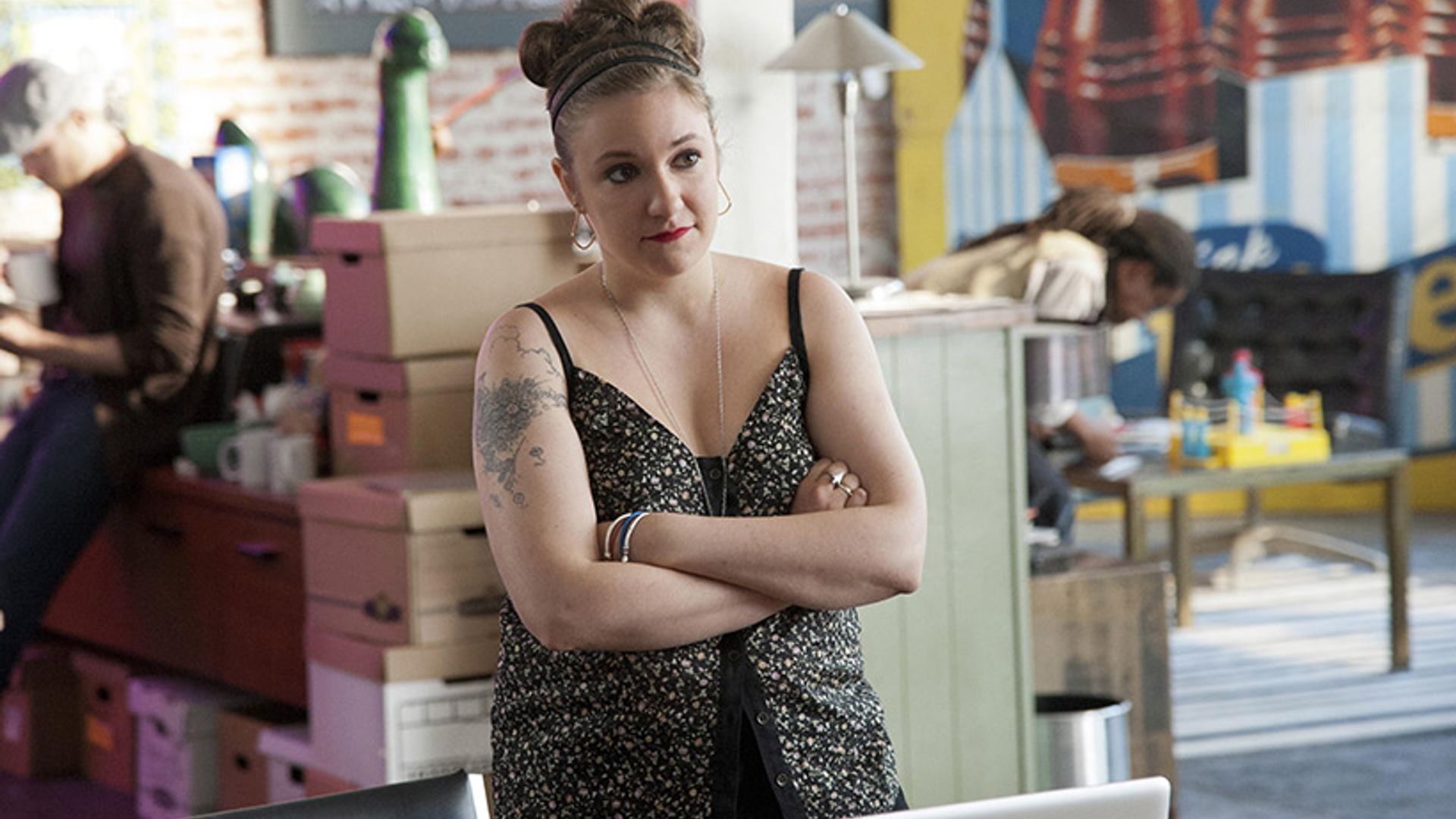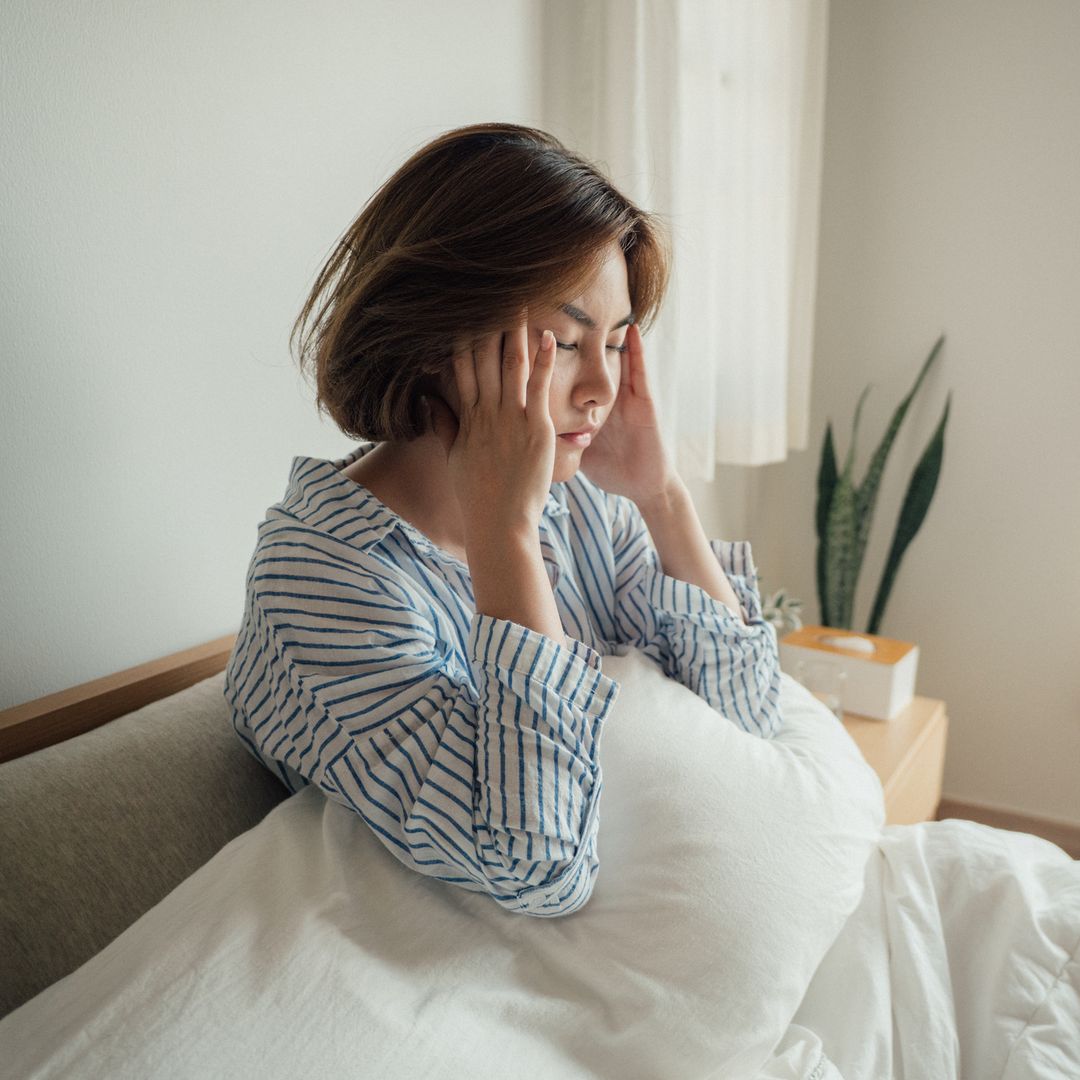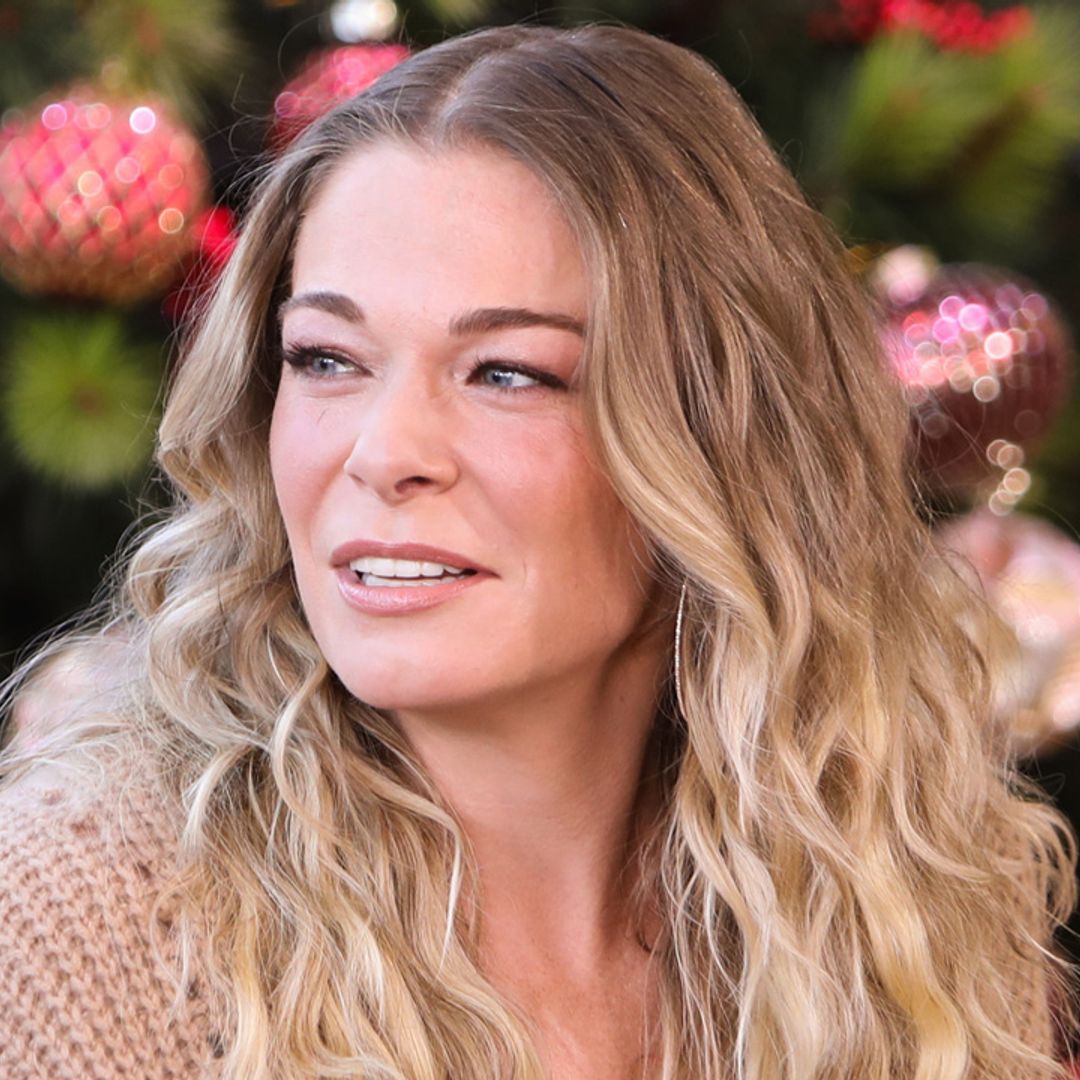Lena Dunham has opened up about receiving criticism after losing weight. Chatting to Ellen DeGeneres on The Ellen Show, the Girls star revealed that she had lost the weight due to her struggles with endometriosis, but has been labelled a "hypocrite" by some people on social media. "Well it's just so crazy because I spent six years of my career being called things like 'bag of milk' on the internet, you know 'baby cow,' 'aging cow', Lena said. "I just never felt self-conscious about it. Anyone who's going to take the time to say something negative about my weight on the internet wasn't someone I was particularly keen to impress anyway."
READ: Endometriosis Awareness Week: All you need to know about the condition
She continued: "Then I had this experience of my body changing and suddenly I had all these people being like, 'You're a hypocrite, I thought you were body positive. I thought you were a person who embraced bodies of all sizes,' and I'm like, 'I do, I just also understand that bodies change, we live a long time, things happen. I was frustrated by it because it really was evidence that as a woman in Hollywood, you just can't win'". She also spoke about her weight loss in a candid Instagram post, where she wrote: "My weight loss isn't a triumph and it also isn't some sign I've finally given in to the voices of trolls. Because my body belongs to ME - at every phase, in every iteration, and whatever I'm doing with it, I'm not handing in my feminist card to anyone."
READ: According to Lena Dunham, Malia Obama is the perfect intern
The 30-year-old previously opened up about her struggle with endometriosis in an essay for her newsletter, Lenny Letter. "I know I'm lucky in the grand health scheme," she wrote. "But I also know that I am one of many women who grasp for a sense of consistent well-being, fight against the betrayals of their bodies, and who are often met with scepticism by doctors trained to view painful periods as the lot of women who should learn to grin and bear it."










